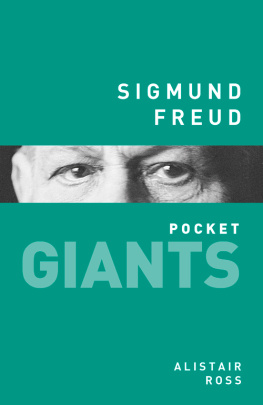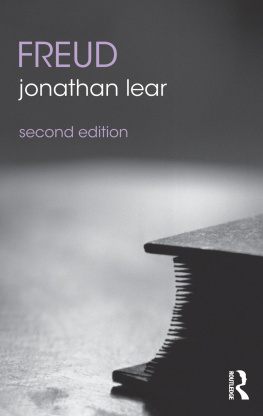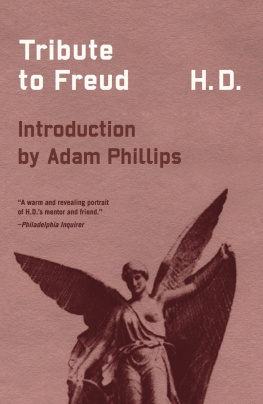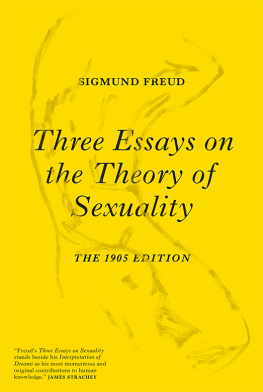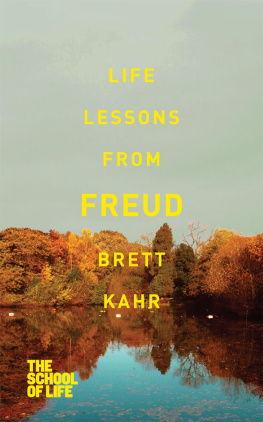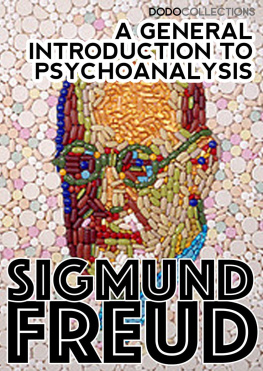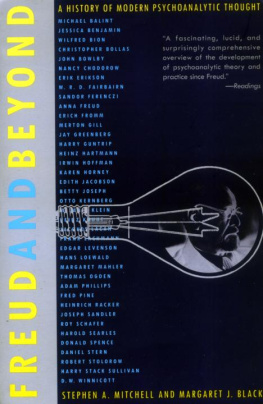
Contents
Sigmund Freud died aged 83 in London on 23 September 1939, three weeks after the start of the Second World War. Having lived through the traumas of one world war he knew he could not endure another. Freud chose his own destiny of a longed-for rest of eternal nothingness by ending his life through an overdose of morphine administered by his doctor. This released him from the excruciating pain caused by cancer of the jaw, which was first diagnosed in 1923.
Freud had endured cancer for sixteen years yet he never gave up smoking his beloved cigars. Although it is popularly thought that Freud said Sometimes a cigar is just a cigar with reference to his view that objects symbolise deep sexual desires so a cigar becomes a phallic object there is no evidence to support this. There are many myths relating to this complex and contradictory man. Some he created himself as he rewrote and reinterpreted his own personal history when he began to see himself as a scientific pioneer opening up a philosophy of the mind for the first time. He compared himself to a conquistador, those Spanish and Portuguese adventurers who ventured across oceans to discover new lands, open up new trade routes and acquire fame and fortune. Freud believed he undertook this intellectual endeavour entirely on his own, making psychoanalysis uniquely his. In doing so the Jewish neurologist had to overcome many obstacles experienced by Jews as a despised religious minority expected to play a subservient role by ruling establishments. Freud supported the image of himself as the outsider and it was precisely this position that enabled his revolutionary ideas to emerge, fuelled by the resilience brought about by anti-Semitic opposition. He was also determined that psychoanalysis should not be dismissed as merely a Jewish science. Early on Freud promoted Jung as his heir apparent who, with his Swiss Protestant heritage, would take psychoanalysis beyond a Jewish world. Freud, however, tailored his life story to fit with this picture of being the outsider who courageously discovered the continent of the psyche. It is this picture the psychoanalytic movement has perpetuated, regarding all other versions of the truth as heresy.
The significance of Freud and psychoanalysis grew throughout the twentieth century, to the extent that he could be credited as a key architect of the social and psychological identity found in the contemporary Western world.
Given these polarities, where does Freud sit? Was he an astounding genius who invented psychoanalysis ex nihilo like a nineteenth/twentieth-century god? Was he the worlds best salesman promoting a product that doesnt work? The truth is rarely so clear-cut. Freud irrevocably changed our understanding of the nature of the self, and psychoanalysis opened up new ways of seeing and thinking about our humanity. In doing so he disturbed the sleep of the world.
What makes Freud a giant is his placing of the unconscious processes as the centre of his philosophy of the mind. Descriptions of what we now see as the unconscious existed long before Freud and can be found in Shakespeare, Keats and other literary sources. While von Hartmann wrote The Philosophy of the Unconscious in 1869 and the general idea of the unconscious had been developing for at least a hundred years before that, it was Freud who first expressed this concept in a systematic way that people could think about and see at work in their own lives. But what does the term the unconscious mean?
During the Enlightenment the intellectual and cultural movement that shaped modern Europe an understanding emerged that human beings possess a distinct self that can be known through thought, reflection and observation. Freuds revolution was to take this a step further by suggesting that, in addition to this Enlightenment self, there is another aspect to that self that we cannot fully know but which profoundly influences us; and he evolved a method of identifying and working with this unconscious self. Freud found a way of seeing the unconscious at work through dreams, slips of the tongue, forgetting, jokes and experiencing other people emotionally as if they were significant people from our past. In a world where everyone speaks fluent Freudian, his words and concepts have become a part of our everyday language. After Freud we understand that the slip of the tongue, pen, keyboard or text message can reveal what a person really thinks or feels but are unaware of or cannot consciously acknowledge. Psychoanalytic words and ideas, therefore, form part of the very fabric of our everyday language and culture.
Freuds ideas expanded to influence: philosophy and the philosophy of the mind; art, especially surrealism; literature and literary criticism, where new ways of writing and reading texts emerged; films, which offer visual representations of psychoanalytic ideas; and advertising with its subliminal communication that can influence an unconscious desire to buy in order to gratify ones desires. There is a breadth to Freuds thinking that touches on almost every aspect of life. Twentieth-century popular culture is therefore indelibly stamped with images of Freud, his cigar and his famous couch. (It really does exist and can be seen at the Freud Museum in Hampstead, London.)
Psychoanalysis is relevant to everyone, but it should never be forgotten that Freud started out to relieve people from the pain and misery of distressing symptoms that devastated their lives. The professions of psychiatry, psychology, psychotherapy and counselling are comparatively new, but it would be difficult to imagine a contemporary world without them. Freud developed a technique that focused on the relationship between a patient and an analyst or therapist where a confidential exploration of their very worst fears could take place. The patient was listened to as a person, not as a medical or psychological problem. Their experience of the past was given space in the present to facilitate a new way of being for the future. Freud was a shaping influence in psychiatry, psychology, psychotherapy and counselling, despite the fact that some of the thinking that developed was a reaction against him. Even if the details of some of Freuds ideas are rejected, there is agreement that the past profoundly influences the present. I see a significant number of adult clients who come to therapy because they have experienced childhood sexual abuse. While their associated depression can be helped by cognitive interventions such as Cognitive Behaviour Therapy, mindfulness and a here-and-now acceptance, they have a powerful need to understand how and why such appalling events occurred that requires a delicate and painstaking excavation of the past.
Yet, in excavating Freuds past it is sometimes difficult to know what is fact and what is fiction. He wanted to be famous in his lifetime but was dismissive of biography. In 1936 he wrote, Anyone turning biographer commits himself to lies, to concealment, to hypocrisy, to flattery, and even to hiding his own lack of understanding, for biographical truth is not to be had, and even if it were it couldnt be used. Although he wrote an estimated 30,000 letters, he made it difficult for future biographers by burning many of his papers, including letters. At the end of a days work of seeing between six to eight patients (the war years excepted), Freud would sit at his desk and write his articles, essays and letters, often until the early hours of the morning. His letters reveal him to be insightful, cantankerous, opinionated, funny, self-deprecating, unforgiving, passionate, worried about money, careful about his reputation, kind, selfish, generous and concerned for others. There is a restless quality to this thinker who was always pushing ideas further and expanding his thoughts in new directions even when in his early eighties.
Next page
